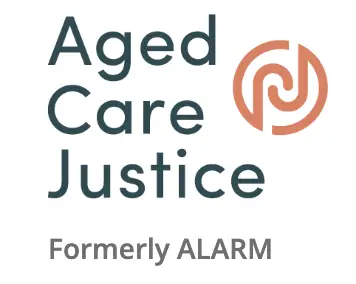The Aged Care Act 2024, due to commence on 1 November 2025, introduces new requirements for the use of restrictive practices in home and community aged care settings. Restrictive practices—such as physical restraint, seclusion, or the use of psychoactive medications—limit a person’s freedom and have been flagged as a significant concern by the Royal Commission into Aged Care Quality and Safety. In response, the government has introduced safeguards aimed at ensuring such practices are used appropriately and with transparency.
Under the new legislation, restrictive practices can only be used if they are outlined in the home care recipient’s Care and Services Plan. These plans must detail when, how, and for how long a restrictive practice may be used, and when it must be reviewed. Crucially, the plan must be developed in consultation with the recipient, their family, and healthcare professionals.
While these are important steps, the Act does not include the same comprehensive safeguards seen in residential aged care. For example, there is no requirement that restrictive practices be used only as a last resort, nor is consent required for each application. There are also no specific provisions for emergency use.
Aged Care Justice (ACJ) has welcomed the reforms but remains concerned about their limitations, especially in home settings where oversight may be minimal. “Using a restrictive practice in someone’s home, where no one may witness it, raises serious human rights concerns,” said ACJ Chair and Dentons Partner, Sue Williamson. ACJ CEO Anna Willis stressed that any restriction of movement is a human rights issue.
To support awareness and compliance, ACJ has released a series of fact sheets to help care recipients, families, and the legal community understand provider obligations. This educational initiative is funded by the Victorian Legal Services Board Grants Program.


